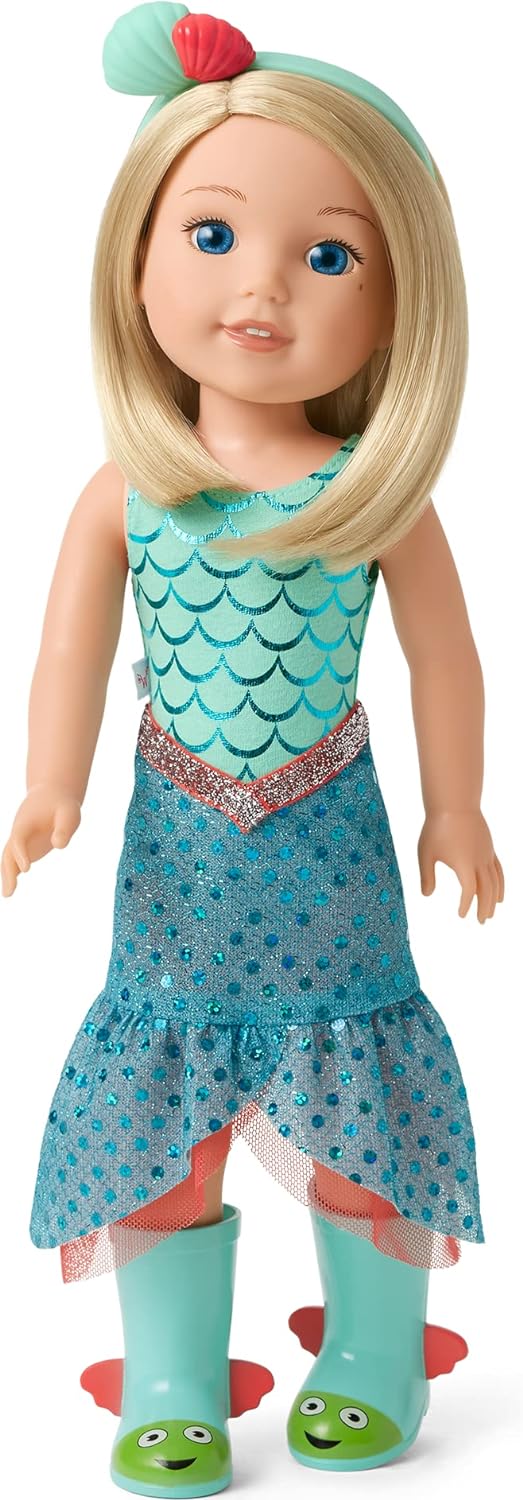Puppy Parenting 101: Essential Tips for Raising a Well-Behaved Companion
Welcoming a puppy into your home is an exhilarating experience. They bring joy, laughter, and love to our lives, but they also require patience, understanding, and commitment. As a dog lover and veteran dog trainer, I want you to embark on this beautiful journey feeling optimistic and well-prepared. Let’s dive into Puppy Parenting 101, offering you essential tips for raising a well-behaved companion.
Understanding Your Puppy’s Needs
Puppies are like small sponges; they soak up everything around them. Understanding their needs is fundamental in nurturing a well-mannered dog. Here are three key areas of puppy care you should prioritize:
-
Socialization: Early socialization is vital. Expose your puppy to different people, pets, and environments. It’s important for building their confidence and reducing fearfulness.
-
Health & Nutrition: A balanced diet plays a crucial role in your puppy’s development. Consult your vet to choose the best puppy food, appropriate for their breed, size, and age. Regular vet check-ups will also keep your furry friend healthy.
-
Exercise: Just like humans, puppies need regular exercise to stay fit and happy. Playtime encourages good behavior and reduces anxiety. Simple walks or engaging games in the backyard can do wonders for their physical and mental well-being.
Training Techniques That Work
When it comes to training, consistency is the key. Positive reinforcement is the most effective technique. Here are 10 commands every puppy should learn:
- Sit
- Stay
- Come
- Down
- Leave it
- Heel
- Drop it
- Off
- Wait
- No
Add fun and enthusiasm to your training sessions. Keep them short, engaging, and filled with praise and treats. This way, your puppy associates training with positive experiences.
Creating a Safe Space
Your home should be a safe haven for your puppy. Puppy-proofing your space minimizes accidents and ensures a supportive environment. Here’s how you can do it in five easy steps:
- Remove toxic plants or chemicals.
- Secure cords and cables to prevent chewing.
- Store away small items that are dangerous if ingested.
- Provide a cozy bed and appropriate toys to encourage comfort and exploration.
- Designate an area where your puppy can safely play and relax, away from chaos.
The Importance of Routine
Establishing a routine helps your puppy feel secure in their new environment. Consistency in feeding, exercise, and potty breaks is crucial. Here are 5 benefits of creating a daily routine:
- Reduces anxiety by providing structure.
- Helps with potty training by encouraging regular bathroom breaks.
- Fosters a strong bond through predictable interactions.
- Establishes good behavior patterns.
- Allows you to anticipate and manage your puppy’s needs effectively.
Addressing Common Behavioral Issues
Even the best puppies may exhibit undesirable behaviors from time to time. Here are ten common issues and their solutions:
- Chewing: Provide plenty of chew toys.
- Barking: Identify triggers and redirect their attention.
- Jumping: Teach the "off" command and consistent rewards for staying down.
- Biting: Redirect attention to appropriate toys and teach gentle play.
- Potty training accidents: Schedule regular bathroom breaks and praise successful attempts.
- Digging: Offer designated digging areas and engage in play!
- Separation anxiety: Gradually train your puppy to enjoy periods alone.
- Aggression: Seek professional help if you notice aggressive tendencies.
- Begging: Avoid feeding your puppy from the table; instead, use a mat or designated spot during meals.
- Fear of loud noises: Gradually expose your puppy to different sounds and reward calm behavior.
FAQs About Puppy Parenting
Q1: How often should I train my puppy?
A: Daily short sessions (5-10 minutes) are ideal, keeping things fun!
Q2: When should I start socializing my puppy?
A: Start as soon as you bring them home, ideally before 16 weeks of age.
Q3: Is it okay to let my puppy sleep in my bed?
A: This depends on your personal preferences. Just be consistent to avoid confusion about boundaries.
Q4: What should I do if my puppy has accidents in the house?
A: Stay calm! Clean the area well to remove scents and return to scheduled potty breaks.
Q5: Should I enroll in puppy training classes?
A: Absolutely! They provide valuable socialization and guidance.
Puppy parenting is a rewarding journey filled with ups and downs. Use these essential tips, stay patient, and remember that every challenge you face is an opportunity for growth—both for you and your furry friend.
Unlock the Secrets to a Well-Behaved Dog! 🐾 Tired of your pup’s bad habits? Discover how to transform your unruly dog into a loving companion with our FREE Dog Training Mini Course! Learn essential commands, potty training tips, and effective techniques to eliminate unwanted behaviors in just days. Don’t miss out—sign up now and start your journey to a happier, obedient dog! Join Here! (https://bit.ly/3RJak0a)
Instantly Access Your FREE Children’s Books Here! (https://payhip.com/BlueCherryStore)
Disclaimer: As an Amazon Associate, I earn from qualifying purchases, I may earn a commission from qualifying purchases as an affiliate. Please note that I only recommend products I believe will provide value to my readers.
With these insights and tips, you will be well-equipped to nurture a happy and well-behaved canine companion! Remember, every moment spent together strengthens your bond and builds a loving relationship that will last a lifetime. Happy puppy parenting!









